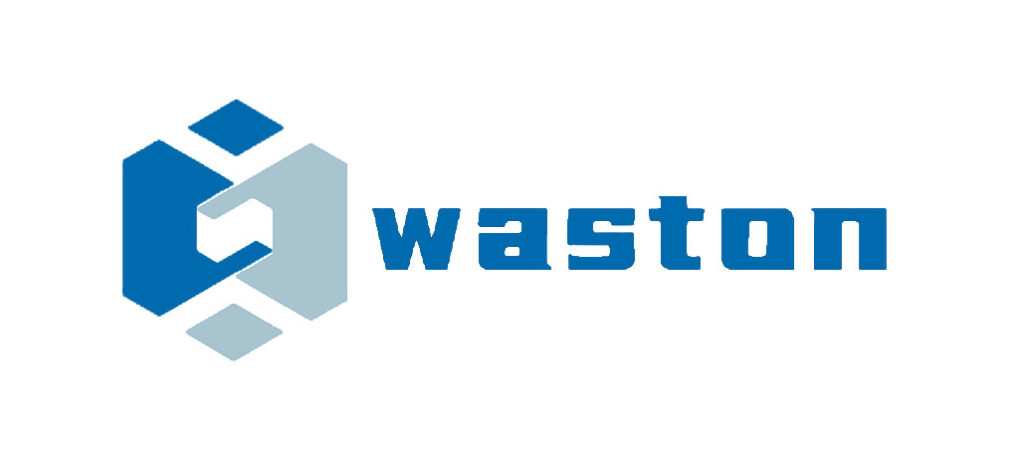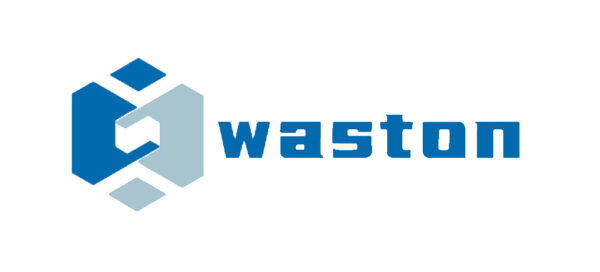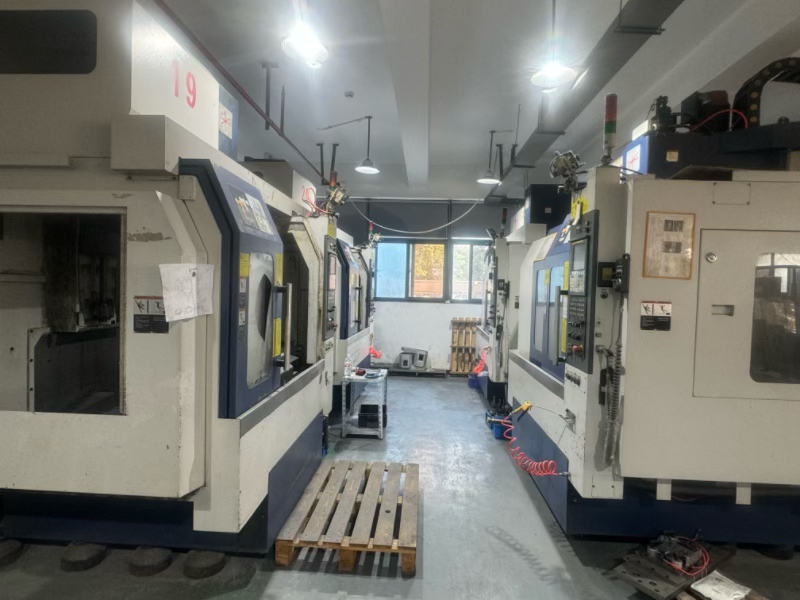As industries evolve and technology advances, so too does the casting and forging process. The latest innovations in these fields have resulted in improved efficiency, better quality, and new possibilities for manufacturers. In this article, we’ll explore some of the most exciting technological advancements in casting and forging.
3D Printing for Molds: A Game Changer in Casting
One of the most groundbreaking innovations in casting is the use of 3D printing to create molds. This technology allows manufacturers to produce highly complex molds with intricate details that would be difficult or impossible to create using traditional methods.
- Benefits:
- Precision and Detail: 3D printing enables extremely precise molds with complex geometries.
- Faster Turnaround: Rapid prototyping and reduced lead times make it easier to adjust designs quickly.
- Cost-Effective for Low-Volume Production: Particularly beneficial for short-run and prototype production.
Automation in Forging: Increased Efficiency and Consistency
The forging industry has seen a rise in automation technology, which has drastically increased production rates while maintaining the quality and consistency of forged parts. Automated forging presses and robotic arms can perform tasks more precisely than human labor, ensuring higher productivity and reduced errors.
- Benefits:
- Increased Throughput: Automation speeds up the forging process, allowing for more parts to be produced in less time.
- Consistent Quality: Automated systems can monitor and control processes with precision, leading to higher quality products.
- Cost Reduction: Automation reduces labor costs and minimizes waste.
Advanced Alloys and Materials: Pushing the Limits of Performance
Innovation in materials science has led to the development of advanced alloys and metals that offer superior strength, heat resistance, and corrosion resistance. These new materials allow for the production of parts that can endure extreme conditions, opening up new possibilities in industries like aerospace, automotive, and energy.
- Benefits:
- Higher Performance: Advanced alloys improve the durability and efficiency of cast and forged parts.
- Specialized Applications: These materials are ideal for industries requiring high-performance parts, such as the aerospace and defense sectors.
- Reduced Environmental Impact: Some newer alloys are designed to be more sustainable, reducing environmental harm.
Conclusion
Technological innovations in casting and forging are revolutionizing the industry, offering better quality, faster production, and more durable parts. By staying informed about these advancements, manufacturers can gain a competitive edge and improve the performance of their products.




